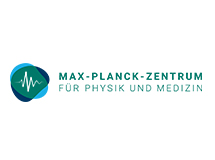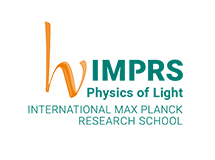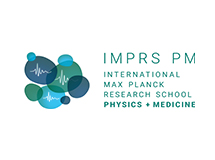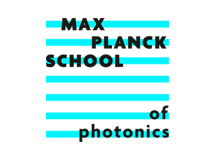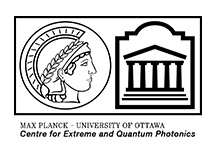NOBEL PRIZE IN PHYSICS 2023 - Science of light honoured
The highest scientific award in physics - the Nobel Prize in Physics - was this year awarded to Ferenc Krausz, Director of the Max Planck Institute of Quantum Optics, Garching, Germany, together with Pierre Agostini, and Anne L'Huillier. According to the Royal Swedish Academy of Sciences, the Nobel laureates have given humanity new tools for exploring the world of electrons inside atoms and molecules with their "experimental methods that generate attosecond pulses of light for the study of electron dynamics in matter".
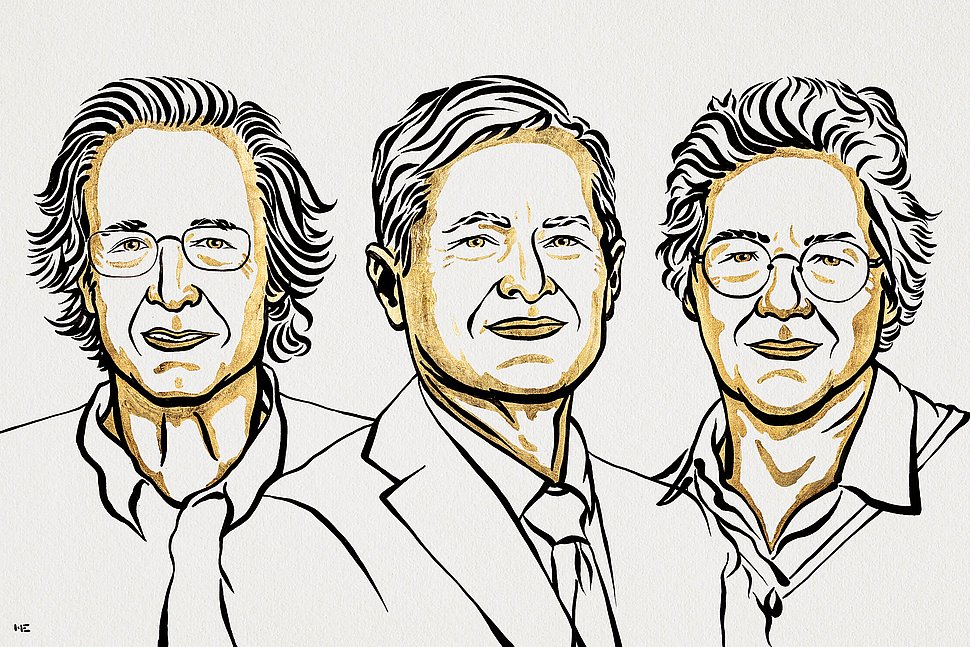
Pierre Agostini, Ferenc Krausz and Anne L'Huillier have developed methods for generating extremely short pulses of light. In a series of experimental investigations over more than three decades, these laser scientists and many other groups have developed techniques that have revolutionized the way we can interrogate electrons in atoms and molecules. “The core of the method can be explained in simple terms: imagine you can press all the keys of a piano exactly at the same time. The sound produced will be an extremely short pulse lasting about one thousandth of a second. This is because all the tones, which extend over many octaves, interfere. In a nutshell, the Nobel prize has been given for doing this with light! Sounds easy? Yes, but only if you have the optical equivalent of a piano. During her doctoral work Anne L’Huillier discovered that when a very strong laser pulse in the infrared region hits a gas in a vacuum chamber, all kinds of frequencies (tones) are created, something like an optical piano. It was soon realized that this was the gateway to the creation of short optical pulses.”, explains Vahid Sandoghdar, Managing Director of the Max Planck Institute for the Science of Light (MPL) in Erlangen, Germany. “Our colleague Ferenc Krausz was the first to produce a single such pulse lasting about 500 attoseconds – roughly 500 billionths of a billionth of a second. These light pulses are so short that they can be used to visualize and track the rapid processes inside atoms and molecules."
The research of the Nobel laureates touches upon several activities at MPL. For example, Dr. Hanieh Fattahi's independent research group "Femtosecond Fieldoscopy" at MPL studies molecules excited by ultrashort, phase-coherent pulses. The complex electric field generated by the transmitted light is then directly measured spectroscopically. "Measuring the extremely fast oscillation of light at near-petahertz frequencies has been one of the crucial applications of attosecond technology.”, says Hanieh Fattahi. “In 2016, in Ferenc's group, we had a very exciting time when, using this technology, we were able to observe an 80-attosecond time delay in electrons' rearrangement in a solid after excitation by short laser pulses. Such experiments must be performed in a vacuum. Therefore, later on, we advanced the technique further to resolve the electric field of light under ambient conditions with attosecond resolution. This new frontier unveils vast opportunities in molecular fingerprinting and microscopy of biological samples, a fascinating journey my team and I are currently taking in Erlangen."
"This is the seventh Nobel Prize for the Max Planck Society in the last nine years. We are particularly pleased that this year's prize has honored the science of light," says Professor Vahid Sandoghdar.
The directors of the Max Planck Institutes in Garching and Erlangen maintain an intensive scientific exchange, for example in the context of the "Max Planck - University of Ottawa Center for Extreme and Quantum Photonics", founded in 2012 in Ottawa, Canada. Our Canadian colleague, Prof. Paul Corkum, who has been a driving force of this center, has also played a key role in shaping the field of attosecond physics.
Image (Ill. Niklas Elmehed © Nobel Prize Outreach): Nobel Prize laureates for the 2023 Nobel Prize in Physics - Pierre Agostini, Ferenc Krausz and Anne L'Huillier
Contact
Edda Fischer
Head of Communication and Marketing
Phone: +49 (0)9131 7133 805
MPLpresse@mpl.mpg.de

